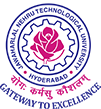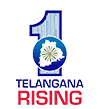Bureau of Industrial Consultancy Services [BICS], JNTUH
- Home
- Bureau of Industrial Consultancy Services [BICS], JNTUH
Bureau of Industrial Consultancy Services [BICS], JNTUH
![JNTUH Bureau of Industrial Consultancy Services [BICS], JNTUH](http://jntuhweb.in/uploads/directors/academic_planning1.jpg)
JNTUH, in its vision to effectively serve the nation, created a dedicated resource to interface from the academic outcomes in technologies researched and generated by it, with industry and institutions. BICS therefore became a vital liaison for Technology transfer, for and to Infrastructure and Industry. For these critical services rendered by it, BICS from its inception, has been generating revenue for JNTUH.
BICS, offer solutions to meet infrastructure project team requirements. Our services include skilled and experienced resources for various Government Departments, Semi- Government Departments, and Companies for their project needs.
Our Consultancy features technical experts in their respective domains, all supported by well equipped laboratories for testing and technical staff.
The areas of expertise of BICS has acquired and renders:
-
1. As an accredited agency with a penchant for faithful adherence to the Indian Standard Codes:
-
(a) Vetting of RCC structures for all applications including both for all buildings within the university & its constituents all over the states of Telangana.
-
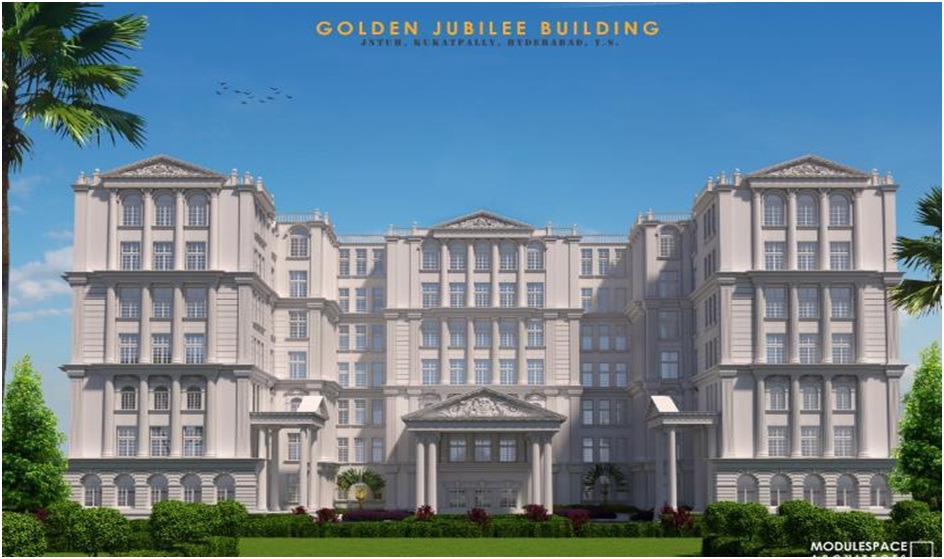
-
(b) Vetting of major infrastructure projects such as Railway Stations, hospitals, medical and nursing colleges, hostels for the recently formed state of Telangana and for Andhra Pradesh. Vetting of Bridges for Roads & Buildings and GHMC, Gas Pipe lines for Indian Oil and other agencies.
-
(c) Vetting of High Rise Structures for HMDA & GHMC for the twin cities of Hyderabad and Secunderabad.
-
(d) Vetting of Steel structures for various organisations like BHEL and Metro Rail.
-
(e) Vetting of RCC structures for GHMC as part of Strategic Nala Development Plan.
-
2. Structural Stability Tests are conducted both on newly constructed structures and on dilapidated buildings.
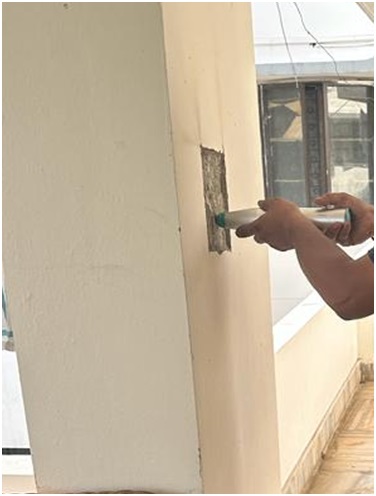 Rebound Hammer Test |
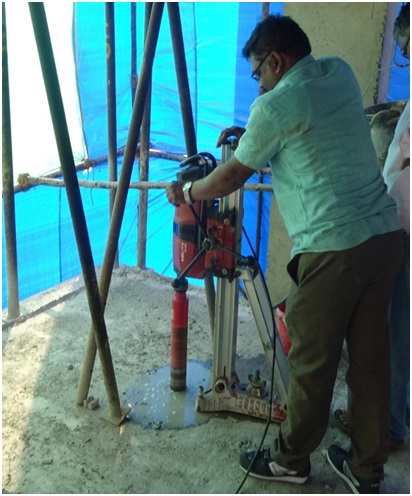 Core Cutting of Roof Slab |
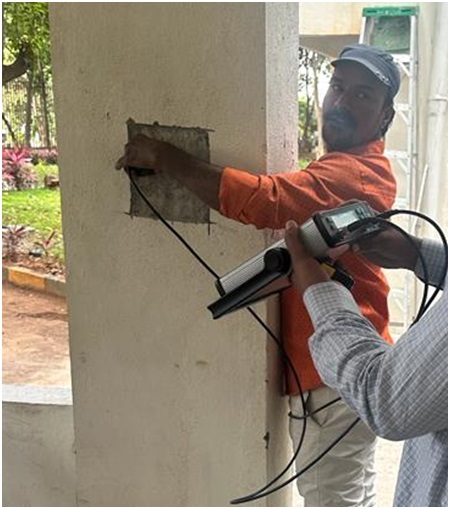 UPV Test of Column |
|
It must be emphasized that BICS has a well equipped, laboratory both for Destructive and Non destructive tests. By procuring latest equipment BICS is gearing itself to face any challenges in the future.
